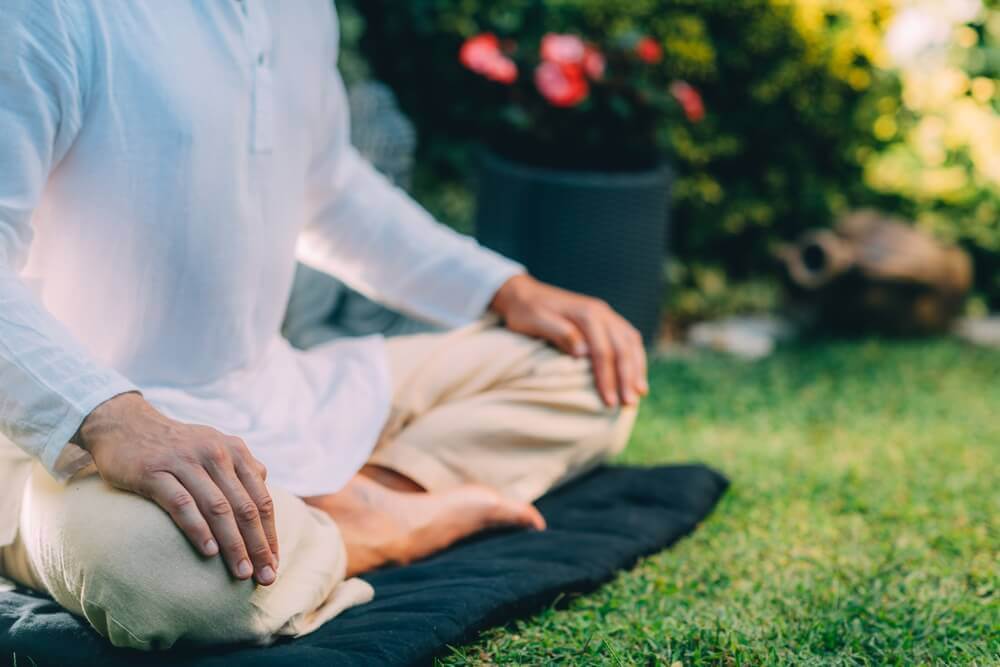Incorporating holistic therapies such as yoga, meditation, and art therapy into rehab center treatment programs can significantly enhance treatment outcomes. These therapies address various aspects of a client’s well-being, supporting physical, emotional, and mental health. Here’s a closer look at the benefits of integrating holistic therapies and how they can complement traditional treatment methods.
Benefits of Holistic Therapies
Holistic therapies offer a range of benefits that support comprehensive healing and recovery:
- Mind-Body Connection: Holistic therapies emphasize the connection between the mind and body, helping clients achieve balance and overall well-being.
- Stress Reduction: Many holistic therapies, such as meditation and yoga, are effective in reducing stress and anxiety, which can improve mental clarity and emotional stability.
- Emotional Expression: Therapies like art therapy provide outlets for expressing and processing emotions, which can enhance emotional resilience and self-awareness.
- Physical Health: Activities such as yoga contribute to physical fitness, flexibility, and overall health, which are essential for supporting recovery and preventing relapse.
Yoga: Promoting Physical and Mental Wellness
Yoga is a versatile therapy that combines physical postures, breathing exercises, and meditation:
- Physical Benefits: Yoga enhances flexibility, strength, and balance, helping clients improve their physical health and overall fitness.
- Mental Benefits: The practice of mindfulness and meditation during yoga sessions promotes relaxation, reduces anxiety, and improves focus and concentration.
- Emotional Balance: Yoga encourages self-awareness and self-acceptance, helping clients develop a positive mindset and cope with emotional challenges.
Meditation: Cultivating Inner Peace
Meditation practices can be a powerful tool for managing stress and fostering emotional well-being:
- Stress Reduction: Meditation techniques, such as mindfulness and deep breathing, help clients manage stress, reduce anxiety, and improve emotional regulation.
- Enhanced Focus: Regular meditation practice improves concentration, mental clarity, and cognitive function, supporting overall mental health.
- Emotional Resilience: Meditation fosters a sense of inner peace and calm, helping clients build resilience and cope with the emotional challenges of recovery.
Art Therapy: Facilitating Emotional Expression
Art therapy offers a creative outlet for clients to explore and express their emotions:
- Creative Expression: Art therapy allows clients to express themselves through various artistic mediums, such as drawing, painting, and sculpting, which can be therapeutic and empowering.
- Emotional Insight: Creating art can help clients gain insight into their emotions, experiences, and thought processes, facilitating personal growth and self-discovery.
- Stress Relief: Engaging in artistic activities can be relaxing and soothing, providing clients with a healthy way to manage stress and anxiety.
Integrating Holistic Therapies into Treatment Programs
To effectively incorporate holistic therapies into your rehab center’s treatment programs:
- Assessment and Personalization: Assess each client’s needs and preferences to tailor holistic therapies that best complement their individual treatment plans.
- Qualified Practitioners: Employ qualified practitioners who specialize in holistic therapies, ensuring that clients receive professional and effective care.
- Combination with Traditional Therapies: Integrate holistic therapies with traditional treatment methods, such as cognitive-behavioral therapy (CBT) and medical support, to provide a well-rounded approach to recovery.
- Client Engagement: Encourage clients to actively participate in holistic therapies and provide education on the benefits and techniques of each therapy.
Monitoring and Evaluating Effectiveness
Regularly assess the effectiveness of holistic therapies in supporting client recovery:
- Feedback Collection: Gather feedback from clients on their experiences with holistic therapies and their perceived impact on their recovery.
- Outcome Measurement: Track key outcomes such as stress levels, emotional well-being, and physical health to evaluate the effectiveness of holistic therapies.
- Continuous Improvement: Use feedback and outcome data to make informed adjustments and improvements to holistic therapy offerings.
Conclusion
Implementing holistic therapies such as yoga, meditation, and art therapy can significantly enhance treatment outcomes in a rehab center. These therapies address various aspects of a client’s well-being, promoting physical health, emotional resilience, and mental clarity. By integrating holistic therapies into your treatment programs, you can offer a comprehensive and supportive approach to recovery that complements traditional methods and fosters lasting positive change.
For rehab centers looking to enhance their treatment offerings, incorporating holistic therapies can lead to more effective and fulfilling recovery experiences for clients. By emphasizing the mind-body connection and providing opportunities for creative expression and relaxation, you can support clients in achieving a balanced and holistic approach to their recovery journey.




















